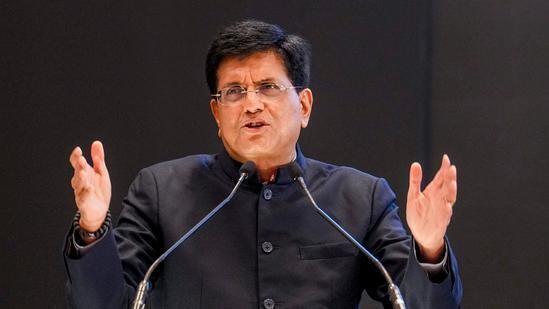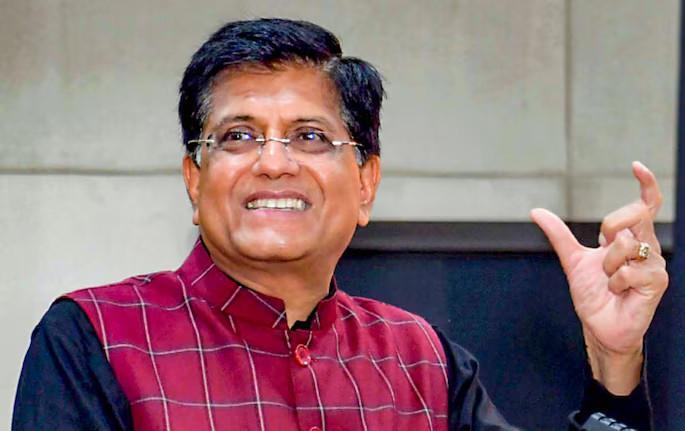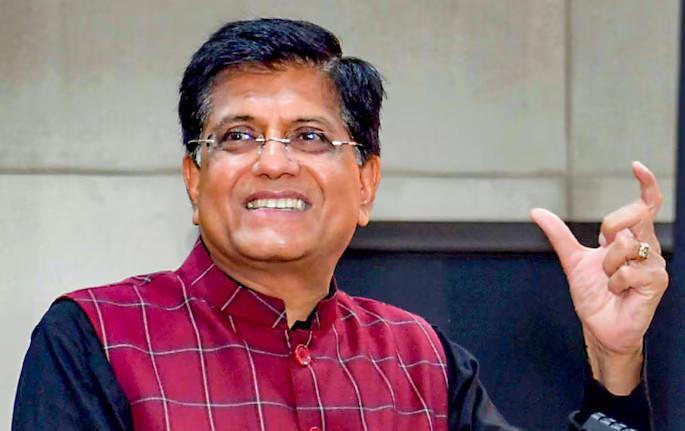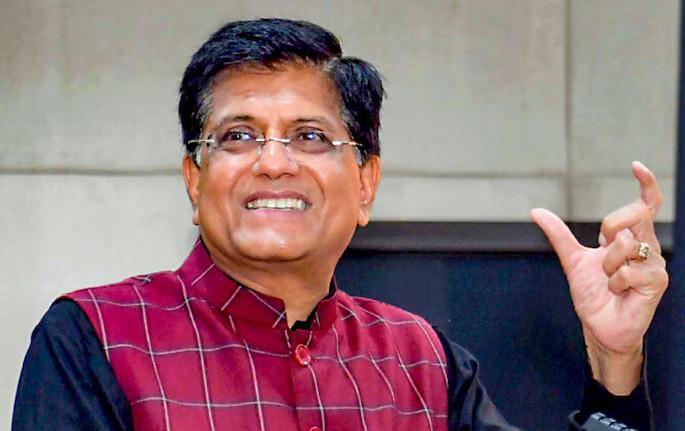
We’ll Have Speed, Not Haste: Goyal as India & UK Resume FTA Talks
In a significant development, India and the United Kingdom (UK) have decided to restart negotiations for a free-trade agreement (FTA) after a brief hiatus. The announcement was made by Union Minister of Commerce Piyush Goyal, who met with UK Business and Trade Secretary Jonathan Reynolds to discuss the matter.
The decision to resume talks comes as a welcome relief for businesses and entrepreneurs on both sides of the Atlantic, who have been eagerly waiting for the conclusion of a comprehensive trade agreement. The FTA, if successful, is expected to boost bilateral trade and investment between India and the UK, two of the world’s largest economies.
When asked if the FTA could be expected by this year, Goyal remained optimistic, saying, “It’s never too late to conclude a good agreement… We’ll have speed but not haste.” His words reflect the Indian government’s approach to trade negotiations, which prioritizes the quality of agreements over the haste with which they are concluded.
The decision to restart talks is a significant one, especially given the complexities involved in trade negotiations. India and the UK have been negotiating an FTA since 2017, but the talks were put on hold in 2020 due to disagreements over issues such as tariffs, market access, and intellectual property rights.
However, with the UK’s departure from the European Union (EU) and the Indian government’s renewed focus on trade diplomacy, the stage is set for a fresh round of negotiations. The UK’s Business and Trade Secretary Jonathan Reynolds, who accompanied Goyal during the meeting, expressed his country’s commitment to concluding a comprehensive FTA with India.
“We are committed to delivering a comprehensive and ambitious trade deal with India, and we look forward to working closely with the Indian government to achieve this goal,” Reynolds said in a statement.
The resumption of talks comes at a time when both countries are looking to diversify their trade relationships. The UK, which is no longer bound by EU trade rules, is seeking to establish new trade agreements with countries around the world. India, on the other hand, is looking to strengthen its trade ties with Europe and the Americas, in addition to its existing relationships with the United States, Japan, and other Asian countries.
An FTA between India and the UK would not only benefit businesses and entrepreneurs on both sides but also have a positive impact on the broader economy. The agreement could lead to increased trade volumes, job creation, and economic growth, making it a significant development for both countries.
In the run-up to the resumption of talks, both countries have identified key areas of focus. The UK is expected to push for greater market access for its goods and services, including financial services, while India is likely to seek greater concessions on tariffs and non-tariff barriers.
India has also been keen to highlight its concerns over the UK’s food safety standards and animal welfare regulations, which it believes could impact exports of Indian agricultural products such as basmati rice and spices.
The FTA negotiations will also touch upon issues such as intellectual property rights, investment, and dispute settlement mechanisms. India has been cautious about the UK’s approach to intellectual property rights, which it believes could impact its pharmaceutical and biotechnology sectors.
Despite the complexities involved, both countries are optimistic about the success of the negotiations. The UK’s Department for International Trade has said that it is committed to concluding a comprehensive FTA with India, while the Indian commerce ministry has expressed its willingness to work closely with the UK to achieve this goal.
As the negotiations get underway, both countries will need to demonstrate a willingness to compromise and find common ground. The success of the talks will depend on the ability of both sides to find mutually beneficial solutions to the issues at hand.
In conclusion, the resumption of FTA talks between India and the UK is a significant development that could have far-reaching implications for businesses and entrepreneurs on both sides. While the negotiations are likely to be complex and challenging, both countries have expressed their commitment to concluding a comprehensive and ambitious trade agreement.
As Minister Goyal’s words suggest, the focus will be on speed, not haste. With a willingness to compromise and find common ground, there is no reason why India and the UK cannot conclude a successful FTA that benefits both countries and their people.






